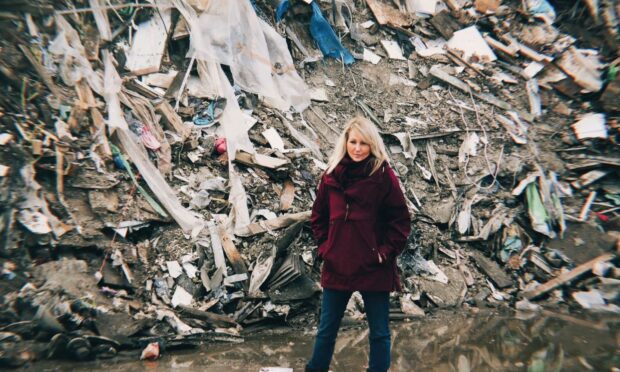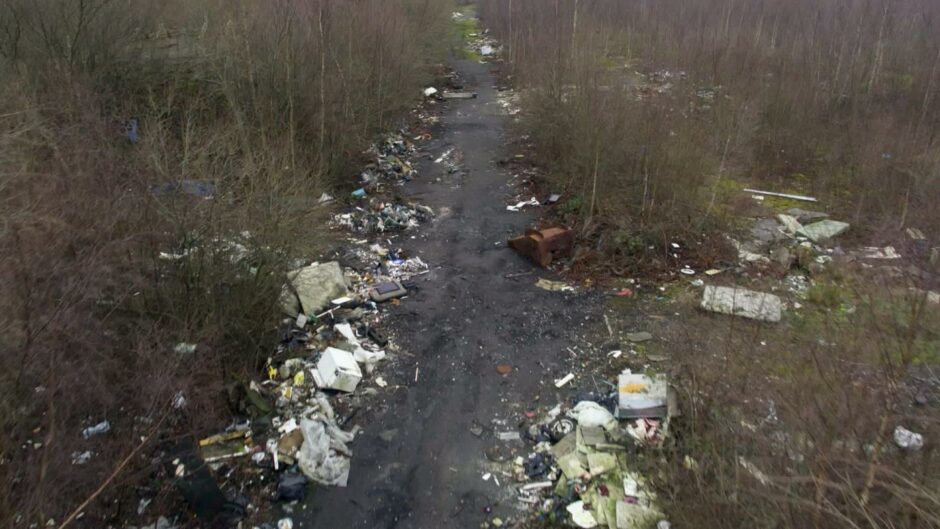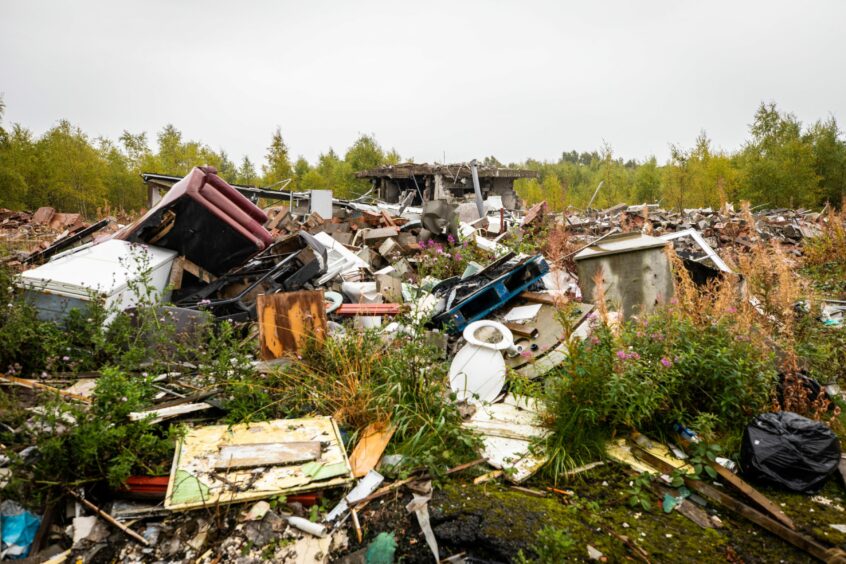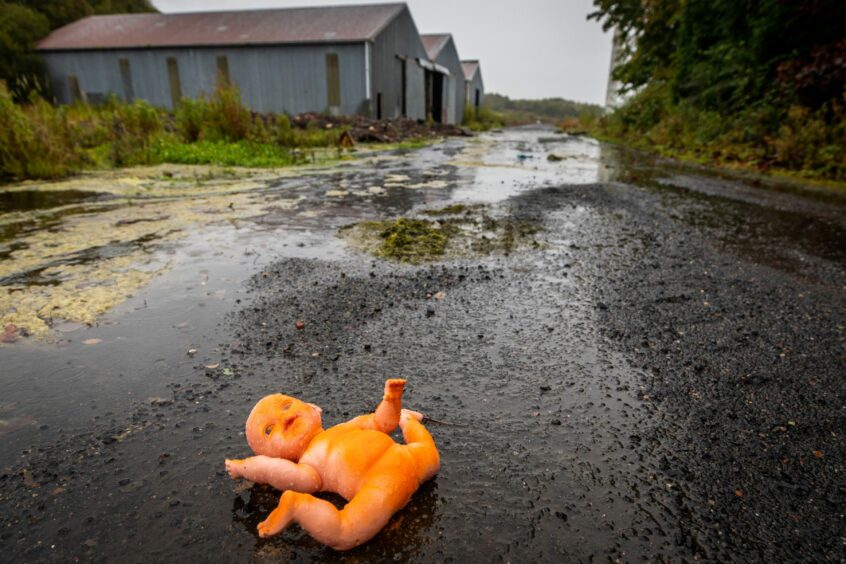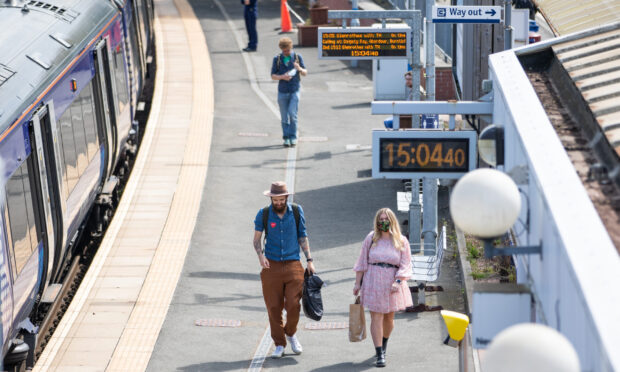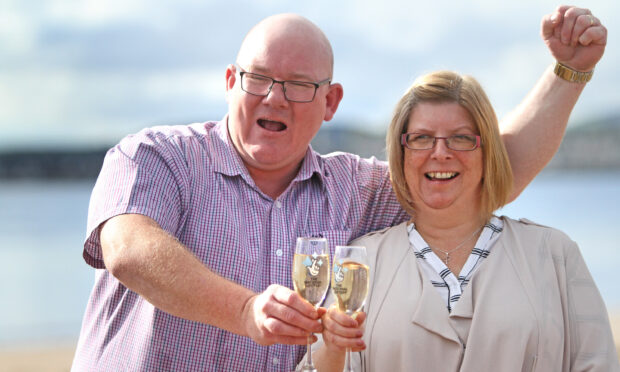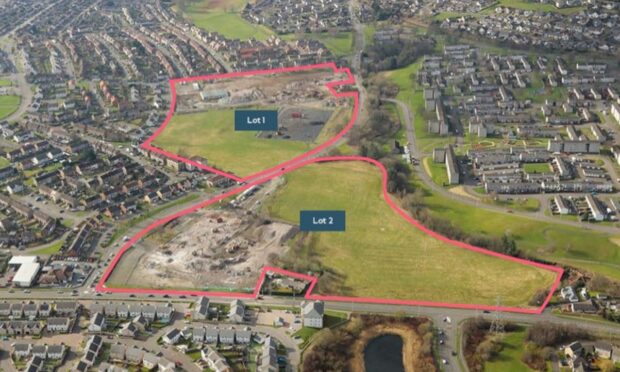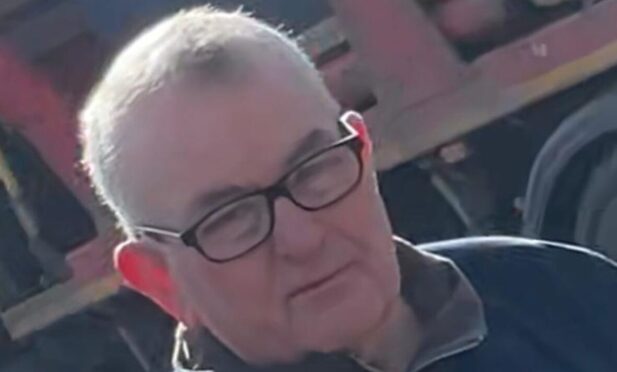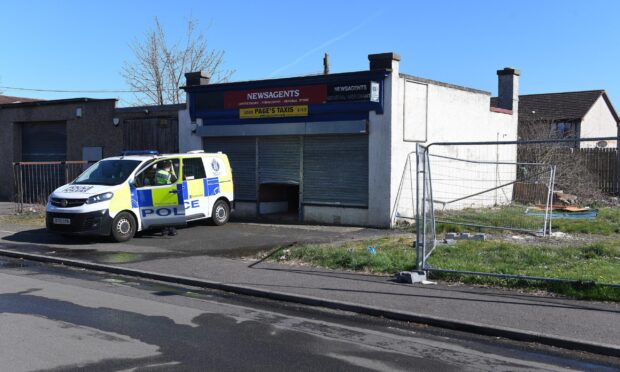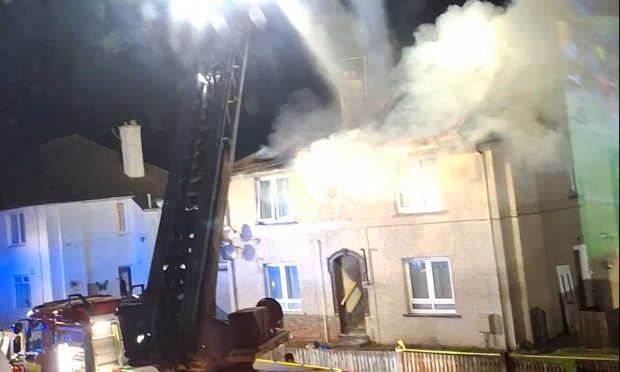Fife’s most notorious fly-tipping hotspot has been highlighted in a BBC documentary focusing on criminal gangs and their links to the illegal dumping of waste.
The BBC’s Disclosure programme has examined the issue as part of a new investigation.
The fly-tipping site in Lochgelly, dubbed one of Scotland’s worst dumping grounds, featured in the documentary – which aired on Monday evening.
Dirty Business delved into criminal waste activities – ranging from ‘man with a van’ fly-tipping to large-scale illegal activities with links to serious organised crime.
BBC presenter Sam Poling shadowed Scottish Environment Protection Agency (Sepa) staff on complex investigations for the show.
It included a visit to an unidentified location where a criminal gang has buried large amounts of waste underground, releasing harmful gases and liquids as it degrades.
Lochgelly featured at the start of the film as it looked at large-scale fly-tipping and the involvement of organised criminals.
Fife councillor calls for waste tracking
The programme spoke to Fife councillor Ross Vettraino, who called for more ambitious measures to be taken to combat “environmental vandalism” – including trackers being placed in waste.
Sam also accompanied Sepa staff on a site visit to a legitimate waste operator to see how businesses should be operating to stay within the law, and discovered how criminals undercutting these types of businesses can impact on the industry.
Sepa estimates that 15% of organised crime groups in Scotland now have interests in environmental businesses.
These range from skip hire companies and waste hauliers to construction and demolition firms.
The agency is currently investigating 234 cases of waste crime. Of those, 31 are of the highest concern due to links with serious and organised crime or the potential for severe environmental damage.
This includes the site in Lochgelly, which has seen repeated fly-tipping incidents, including as recently as December.
Kath McDowall, one of the senior investigators for Sepa looking into the organised groups, said: “When people typically think of waste crime they think of small-scale fly-tipping and they don’t quite realise it’s happening on this scale.
Criminal gangs linked to fly-tipping in Scotland
“We’re up against criminals doing drug running and other organised crime for decades, so the resources we’ve got to deal with this are pretty finite.”
She told the BBC that serious and organised criminal networks have “taken lessons they’ve learned from doing other types of criminality and are now applying it to waste”.
Disclosure was also told that the criminal gangs are using a network of brokers to identify parcels of land where they can bury industrial quantities of waste.
Justice Secretary Keith Brown MSP, chair of the serious and organised crime taskforce – which five months ago made waste crime its top priority – says he is aware of “a great deal of activity” in terms of waste coming across the border.
He added: “The way that the environmental protection agency, our rural local authorities, and the police authorities, are working, are starting to make an impact on this serious problem.”
